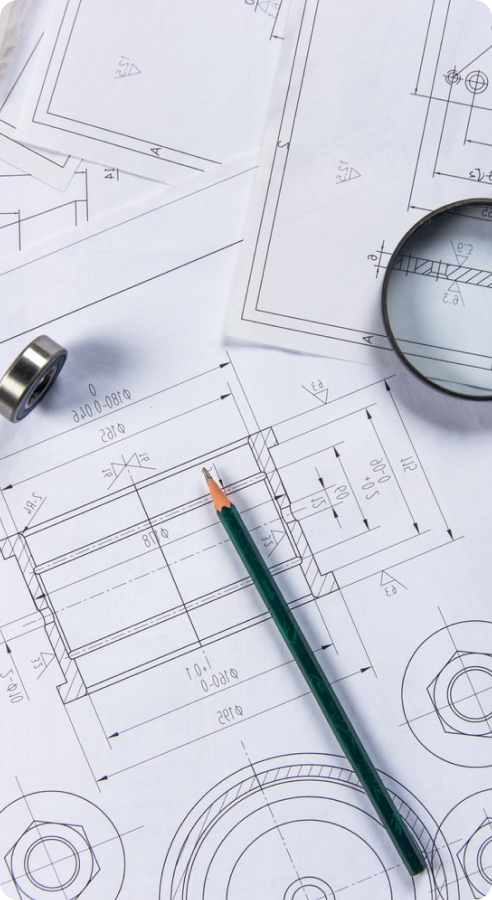In modern industry, plastic parts are increasingly replacing metal ones — and for good reason. Advances in technology have enabled the development of extremely durable, resistant, and versatile plastic composites that can successfully compete with metal in various fields, from automotive manufacturing to electronics and medical equipment.
Lightweight and Cost-Effective
One of the main advantages of plastic is its low weight. Compared to metal, plastic significantly reduces the overall weight of a product, which is especially important in the transportation and aviation industries. In addition, plastic parts are often more cost-effective in terms of both production and processing.
Resistance to Corrosion and Chemicals
Unlike metal, plastic does not rust and doesn’t require additional protective coatings. This makes it ideal for use in harsh environments where metal would quickly wear down or corrode. Many plastics are also resistant to acids, alkalis, and other chemicals.
Easier Shaping and Design Flexibility
Plastic allows for easier implementation of complex shapes and design solutions. Using molding techniques or 3D printing, even highly intricate parts can be produced quickly and efficiently. This opens the door to more creative and customized solutions than traditional metalworking methods typically allow.


 Lietuviškai
Lietuviškai
